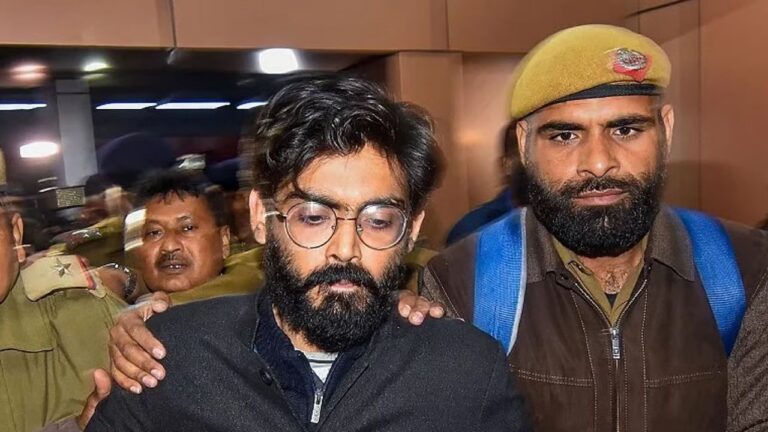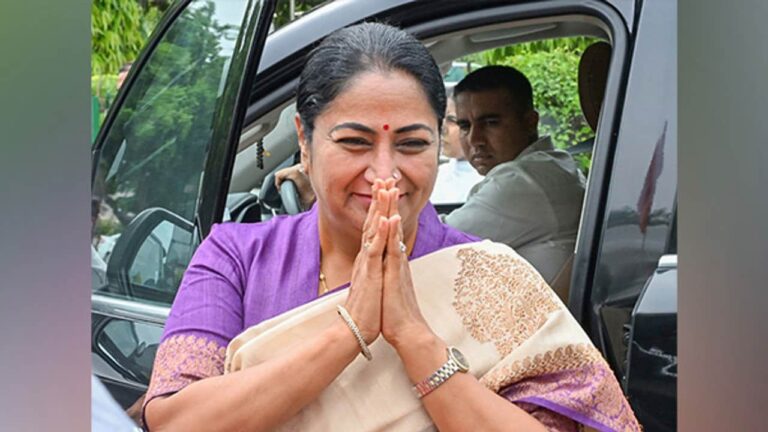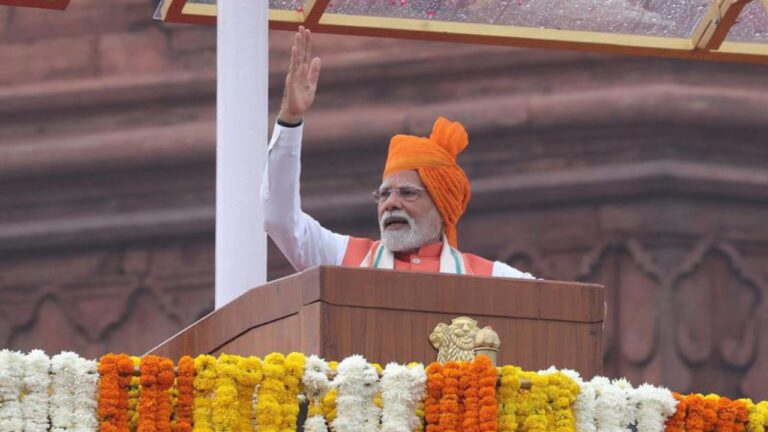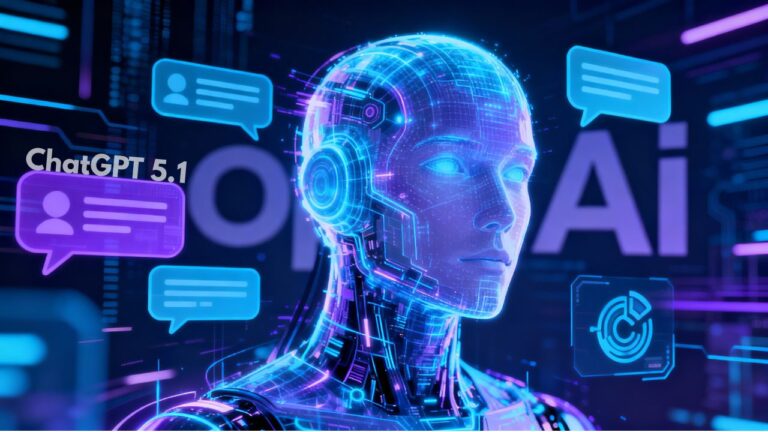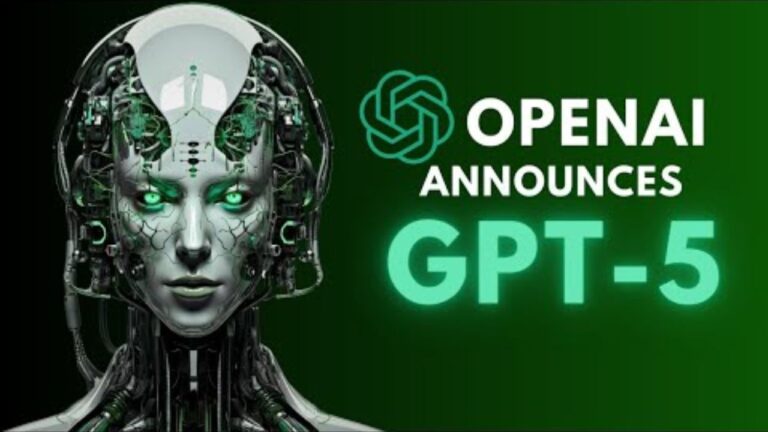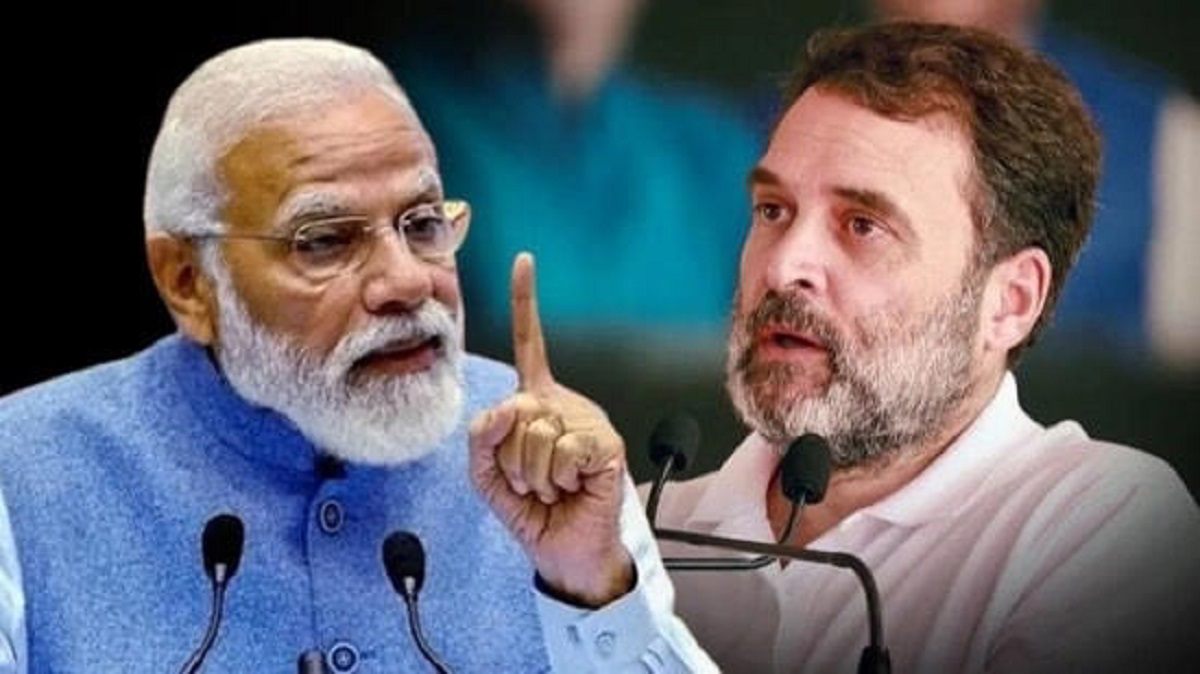
In the landscape of Indian politics, the traditional narrative of “uniter vs. divider” seems to have shifted to a disheartening reality of “divider vs. divider.” As we navigate through the complexities of democracy, it becomes evident that the power of words and the media’s role in shaping public opinion are paramount. From the evolution of media to the nuances of political discourse and the impact of education, each facet contributes to the current state of affairs.
Media: From Ritual to Addiction
The transformation of media from a ritualistic source of information to a platform driven by ratings and engagement has had profound implications. The proliferation of satellite channels and digital platforms has led to fragmentation, altering the dynamics of public discourse. However, amidst this evolution, the ethos of unbiased reporting and informed public discourse seems to have been compromised.
Critics argue that the pursuit of attention has eclipsed the essence of journalism, leading to sensationalism and distortion of facts. The recent advertising campaign by the BJP exemplifies the shift towards provocative messaging, signaling a departure from constructive dialogue.
Politics: How Should Leaders Communicate?
In the realm of politics, the art of communication is a potent tool for leaders to connect with the masses. Prime Minister Narendra Modi’s communication style, characterized by confidence and accessibility, has garnered both admiration and criticism. However, the recent shift in tone has raised eyebrows, prompting reflection on its long-term implications.
Similarly, in the United States, the erosion of political discourse has become increasingly evident, with attention overshadowing facts. The dichotomy between “uniter vs. divider” has given way to a polarized narrative, where voices are amplified based on allegiance rather than merit.
Education, Propaganda, the Future
Education plays a pivotal role in shaping societal narratives and perspectives. The portrayal of historical and social constructs in textbooks reflects entrenched biases and ideological agendas. The dichotomy between perceived identities perpetuates division, laying the groundwork for societal discord.
As we confront the challenges of the present, it is imperative to reevaluate the educational framework to foster critical thinking and inclusivity. The dissemination of knowledge should transcend political agendas, empowering future generations to navigate a complex world with empathy and understanding.
In essence, the current landscape of Indian politics mirrors a global phenomenon characterized by division and discord. As we grapple with the ramifications of media sensationalism, political polarization, and educational indoctrination, the onus lies on us to foster a culture of unity and dialogue. Only through introspection and collective action can we overcome the divisive rhetoric plaguing our democracy.
